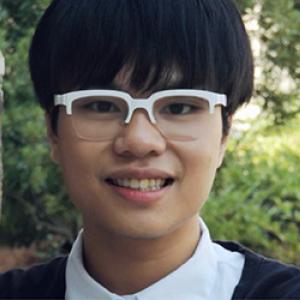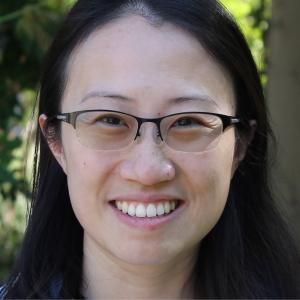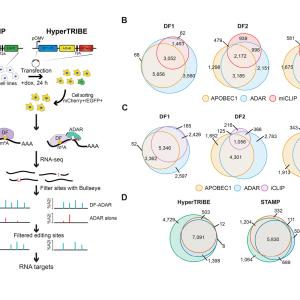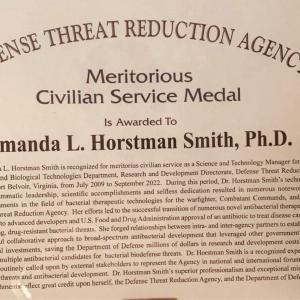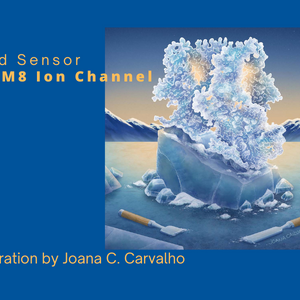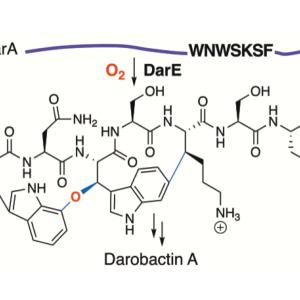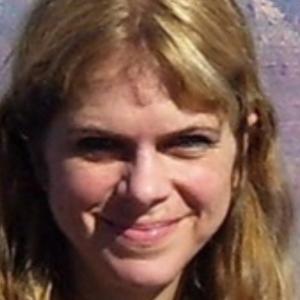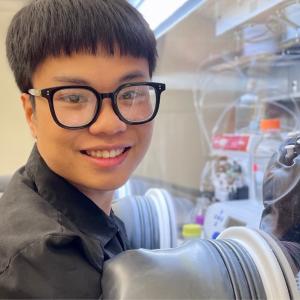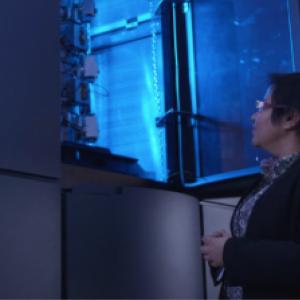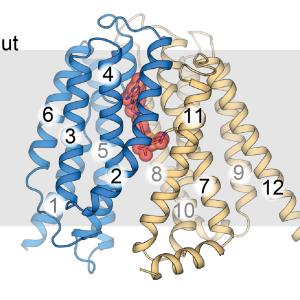Bach Nguyen Receives TriCEM Award
Bach Nguyen was awarded a TriCEM Graduate Student Award for his strong research proposal that will provide insights into antibiotic evolution using two recently discovered p
Shuo Han, PhD, Named 2023 LEADER Participant
The LEADER Course bridges the gap between scientific expertise and the management skills needed to succeed in a small business unit. Congratulations!
Meyer Lab Develops TRIBE-STAMP: Identifies Multiple RNA-binding Protein Targets in a Single Cell
The Meyer Lab's innovative and versatile approach provides new insights into the function of TYHDF proteins in cells.
Alumna, Amanda Horstman Smith Wins Civilian Award
Dr. Amanda Horstman Smith was the first PhD student to join Dr. Meta Kuehn’s lab. But with Dr.
The Structure of Cool: How a Cell Channel Transforms to Make us Feel Cold
Humans and animals sense cold through temperature drops and menthol. The ion channel TRPM8 detects the cold and sends signals to sensory neurons to tell us we are feeling something cooler.
New Findings From the Yokoyama Lab
The first oxygen-dependent radical SAM enzyme was revealed in peptide antibiotic biosynthesis. Radical SAM enzymes catalyze a variety of chemically challenging radical reactions and are known to be inactivated in the presence of oxygen and thought to function under anaerobic conditions. However, in this work, Hai Nguyen and co-workers in the Yokoyama lab discovered that the DarE radical SAM enzyme in the biosynthesis of peptide antibiotic darobactin A uses molecular oxygen to insert an oxygen atom to its substrate. This finding significantly extends the scope of reactions catalyzed by these unique enzymes.
Maria Schumacher, PhD, is New Executive Editor of Nucleic Acids Research
Dr. Maria Schumacher was recently appointed as an Executive Editor of the journal, Nucleic Acids Research (NAR), ranked 8th out of 296 in the category of Biochemistry and Molecular Biology and an impact factor of 19.16.
PhD Student, Bach Nguyen, Selected to Sit on International Student Advisory Board
Who better to help international students acclimate to life in Durham than others who are in the same position?
Biochemistry Faculty are Heavy Users of Cryo-EM
Duke Researchers, including Biochemistry faculty, have access to Cryo-EM that creates high-resolution images of the smallest pieces of proteins (at the atomic level).
The Lee Lab Determines the Structure of hRFC
hRFC is critical for the uptake of folate and chemotherapeutics. Using cryo-EM, the Lee Lab determined its structure with a cancer drug bound, helping to pave the way for future chemotherapeutic development.
